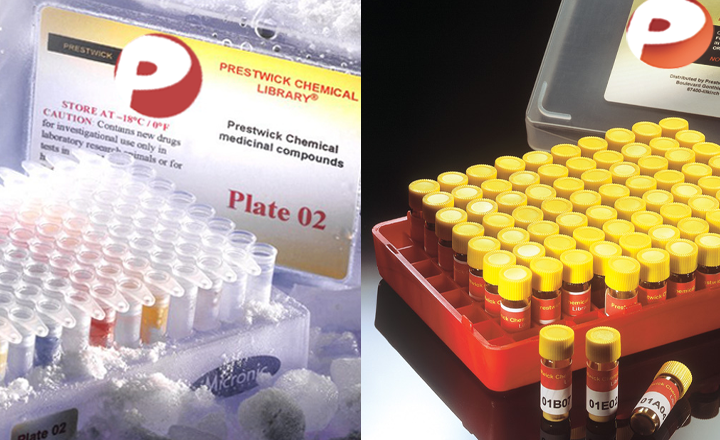High content drug screening for Fanconi anemia therapeutics
Montanuy H, Camps-Fajol C, Camps-Fajol C, Carreras-Puigvert J, Carreras-Puigvert J, Carreras-Puigvert J, Häggblad M, Häggblad M, Lundgren B, Aza-Carmona M, Aza-Carmona M, Helleday T, Minguillón J, Minguillón J, Minguillón J, Surrallés J, Surrallés J, Surrallés J, Surrallés J
Orphanet Journal of Rare Diseases - vol. 15 1-9 (2020)
Orphanet Journal of Rare Diseases
Background: Fanconi anemia is a rare disease clinically characterized by malformations, bone marrow failure and an increased risk of solid tumors and hematologic malignancies. The only therapies available are hematopoietic stem cell transplantation for bone marrow failure or leukemia, and surgical resection for solid tumors. Therefore, there is still an urgent need for new therapeutic options. With this aim, we developed a novel high-content cell-based screening assay to identify drugs with therapeutic potential in FA. Results: A TALEN-mediated FANCA-deficient U2OS cell line was stably transfected with YFP-FANCD2 fusion protein. These cells were unable to form fluorescent foci or to monoubiquitinate endogenous or exogenous FANCD2 upon DNA damage and were more sensitive to mitomycin C when compared to the parental wild type counterpart. FANCA correction by retroviral infection restored the cell line’s ability to form FANCD2 foci and ubiquitinate FANCD2. The feasibility of this cell-based system was interrogated in a high content screening of 3802 compounds, including a Prestwick library of 1200 FDA-approved drugs. The potential hits identified were then individually tested for their ability to rescue FANCD2 foci and monoubiquitination, and chromosomal stability in the absence of FANCA. Conclusions: While, unfortunately, none of the compounds tested were able to restore cellular FANCA-deficiency, our study shows the potential capacity to screen large compound libraries in the context of Fanconi anemia therapeutics in an optimized and cost-effective platform.


